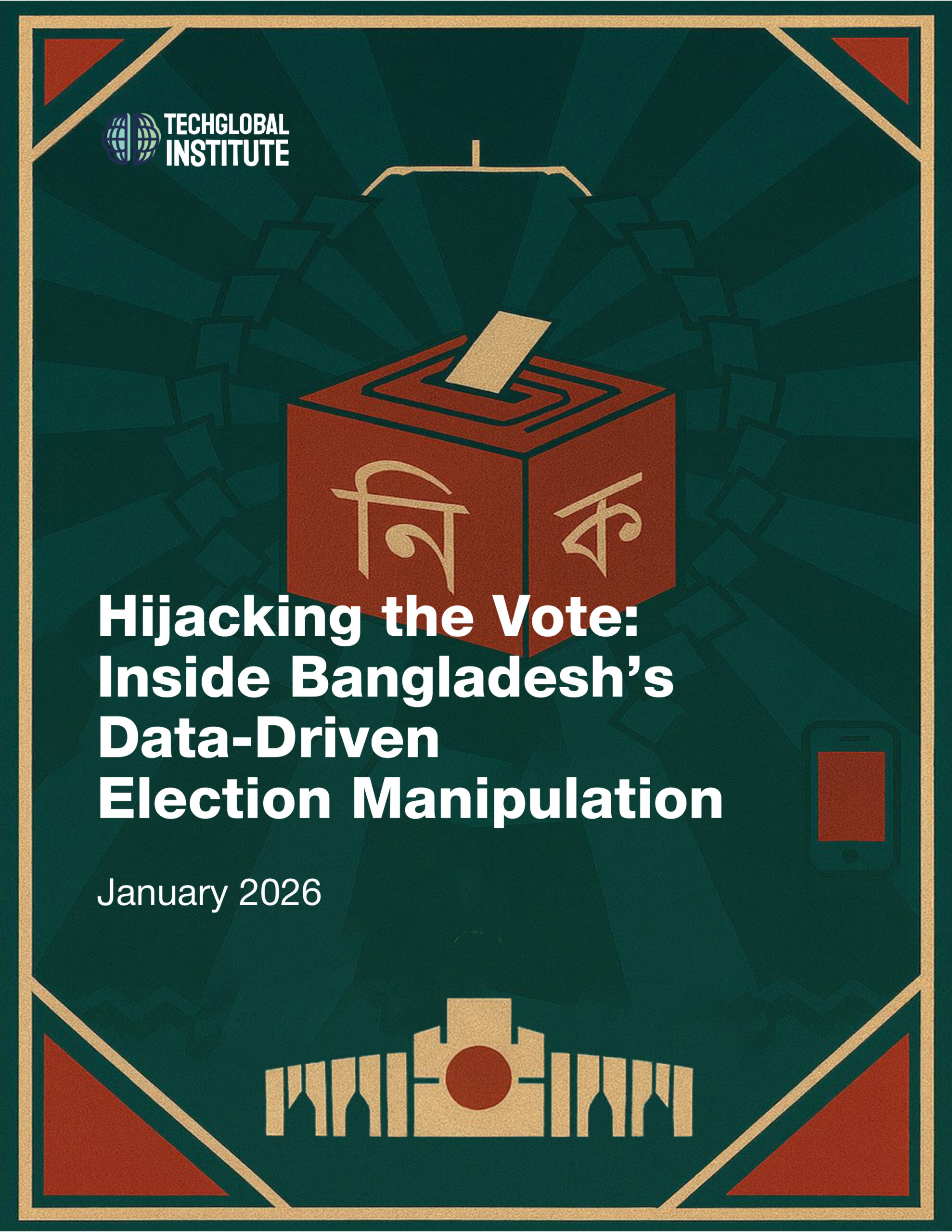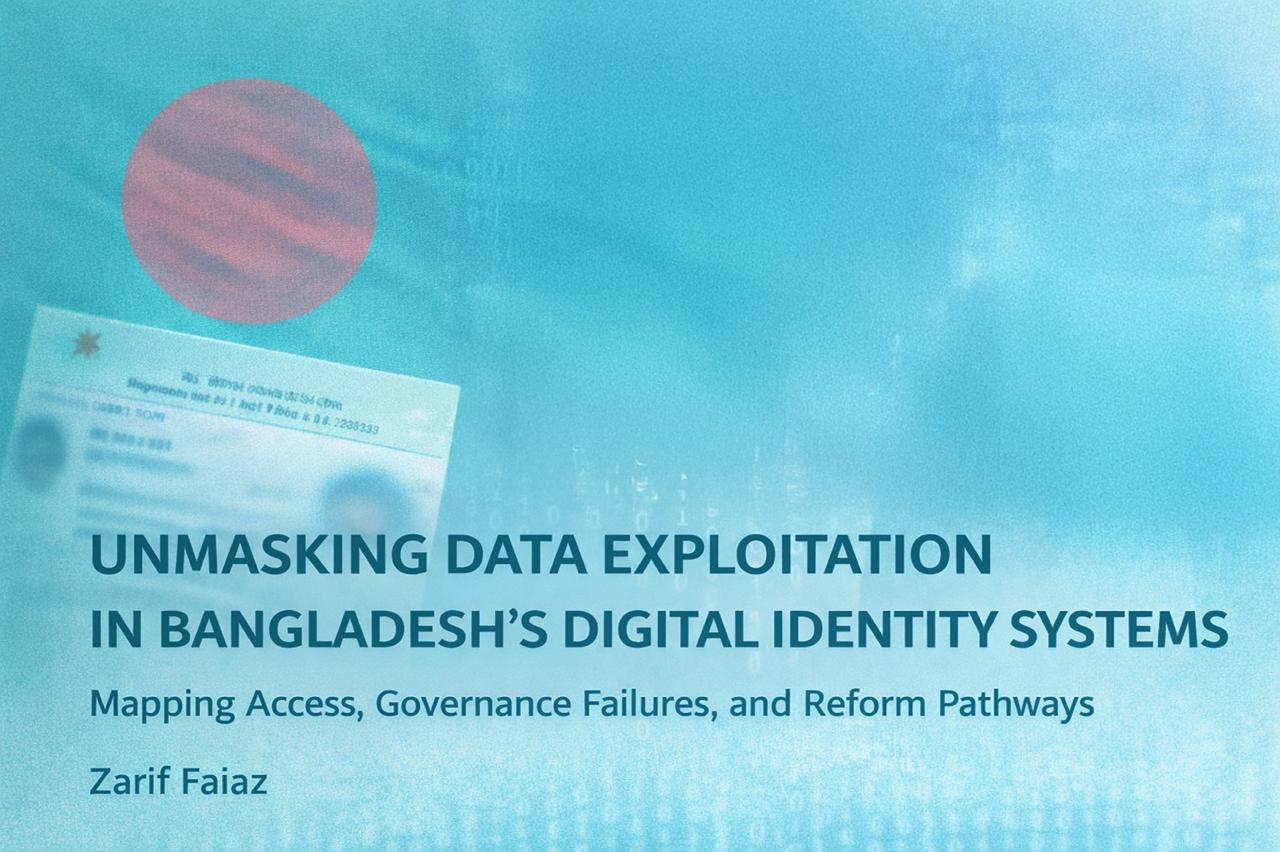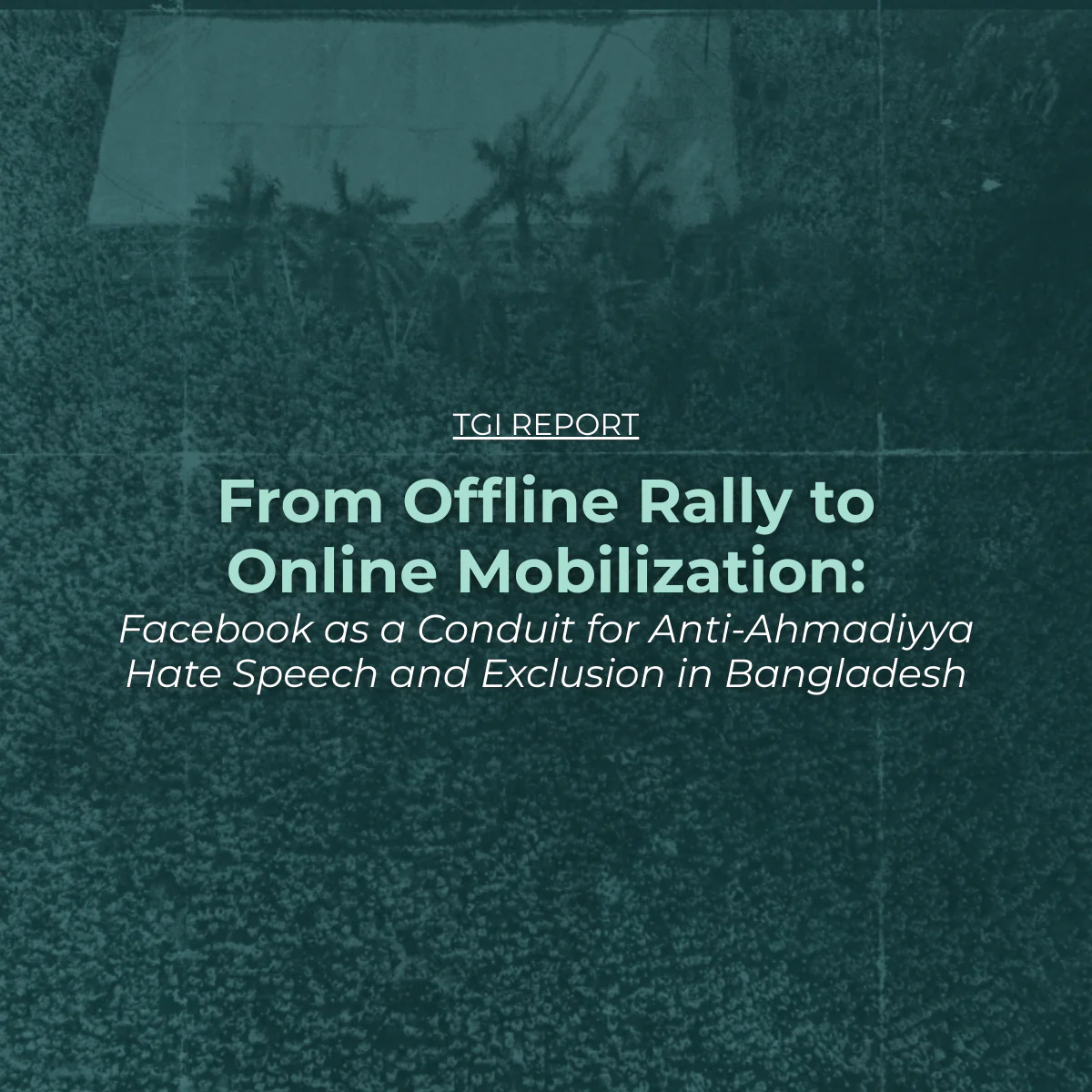Calling on researchers and activists to join Mozilla and the Tech Global Institute for a discussion about tech platforms’ conduct during an historic election year.
Please register here by August 4th. A webinar join-in url will follow after registration.
2024 is a historic election year, with more voters than ever before participating in contests across scores of countries. In this context, major tech platforms have a duty to protect users from disinformation and other content that hampers free and fair elections. But are they?
In this 60-minute webinar, two leading voices for platform accountability – Mozilla and the Tech Global Institute – will convene like-minded researchers and activists across civil society to discuss the issue.
The webinar will:
- Provide researchers and activists with a baseline for assessing how well platforms have responded to elections
- Identify specific product or policy gaps that led to disproportionate risks to vulnerable communities
- Align on a common vocabulary on risks and mitigation strategies for platform-related risks.
Details
Tuesday, August 6
9:00am U.S. Eastern | 4:00pm East Africa
Online
Mozilla & elections
Mozilla has conducted a range of work on elections integrity and platform accountability. The nonprofit has examined the growing impact of WhatsApp and Telegram on democratic discourse during elections in the Global South; contrasted platforms’ election policies from region to region; campaigned publicly for WhatsApp to do more to address political disinformation; and loudly criticized Meta’s decision to deprecate CrowdTangle.
Tech Global Institute & elections
The Platform Accountability Toolkit for Global Majority Elections by Tech Global Institute is a comprehensive, practical guide for CSOs in under-resourced environments to assess platform preparedness and response during elections. It provides an overview of the major policies and products by key platforms—Meta, YouTube, X and TikTok—that are launched during election periods, analyzes the efficacy of these interventions in tackling highly nuanced and contextual issues, and introduces a framework for CSOs to do their own assessment of these levers. The objective of the toolkit is to establish a baseline to measure the efficacy of platform interventions, which would lead to a more consistent, streamlined evaluation over time.



